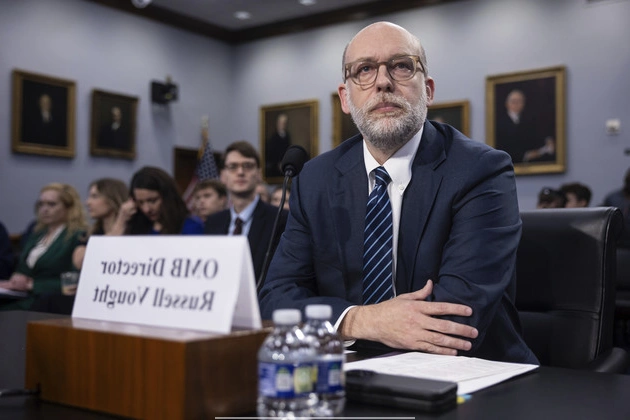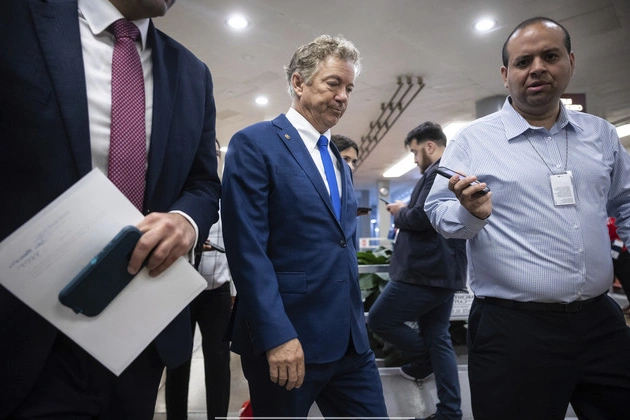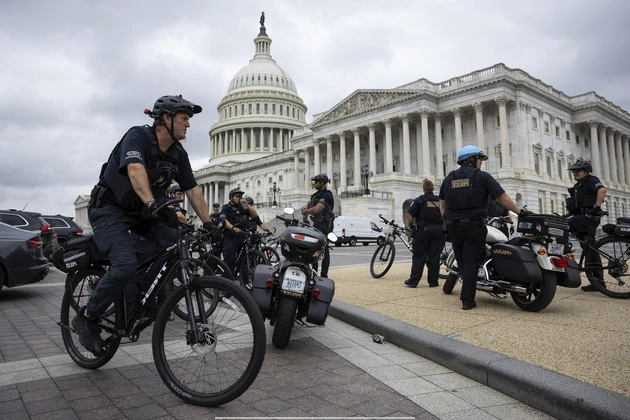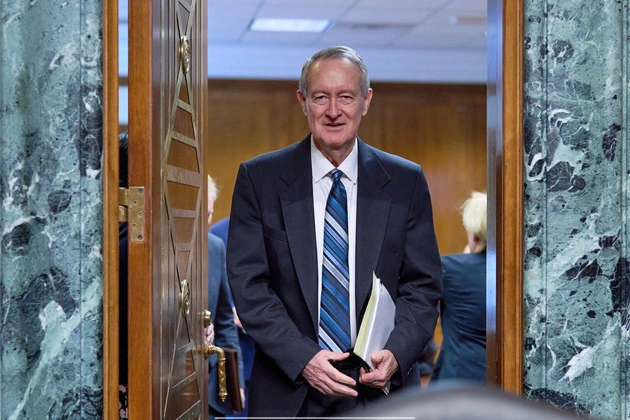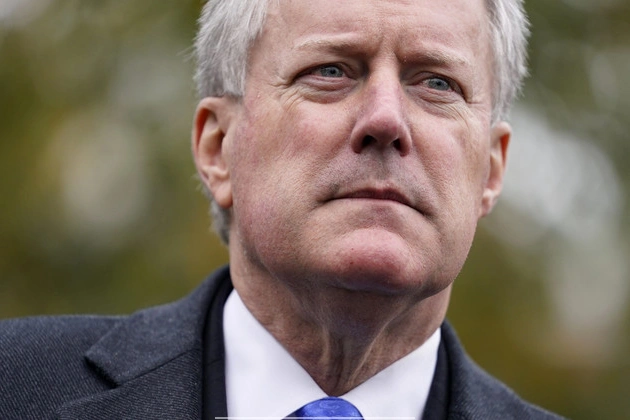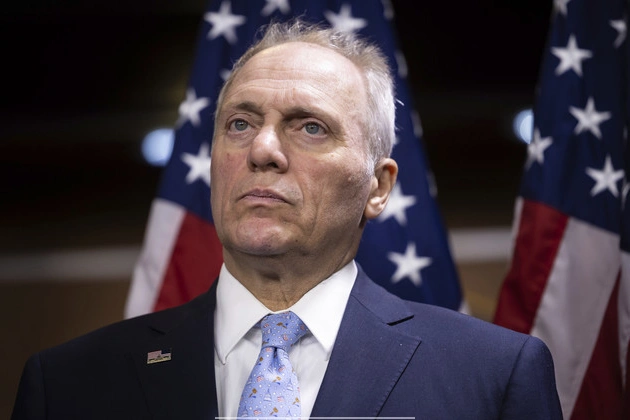
Tulsi Gabbard's Nomination Hearing: A Detailed Analysis
Tulsi Gabbard faced a challenging nomination hearing for the role of director of national intelligence, with both Democrats and Republicans probing her views on critical issues.
Republican Skepticism Towards Gabbard
Unlike the supportive reception received by Pete Hegseth in a prior hearing, Republicans expressed doubts about Gabbard’s stance on topics such as Edward Snowden, Russia, Syria, and Ukraine.
The Senate Intelligence Committee, split between the two parties, maintained a cautious approach towards Gabbard, emphasizing the need for a compelling performance from her.
Key Republicans like James Lankford, Todd Young, Jerry Moran, John Cornyn, and Susan Collins questioned Gabbard on various subjects, highlighting areas of concern.
Gabbard’s Responses and Challenges
During the hearing, Gabbard faced inquiries about Snowden, with Senators urging her to acknowledge the impact of his actions on national security.
Despite acknowledging Snowden’s legal transgressions, Gabbard refrained from further commentary.
Gabbard’s lack of prior experience in intelligence roles raised questions about her suitability for the position, with concerns over her foreign policy views and past statements.
Her unconventional positions and past statements aligning with Kremlin narratives on certain issues added complexity to the proceedings.
Republican Divisions and Interactions
While some Republicans leaned towards supporting Gabbard, others like Moran emphasized the need for a firm stance against Russia and its actions.
Senators like Lankford, Cornyn, and Moran pressed Gabbard on different topics, seeking clarity on her views and intentions if confirmed.
The committee’s bipartisan nature and focus on national security underscored the gravity of the discussions.
Future Prospects and Decision-making
Following the public hearing, Gabbard engaged in closed-door discussions with senators, potentially influencing their final decisions.
The outcome of these confidential talks could sway the committee’s vote on Gabbard’s nomination in the days ahead.
If Gabbard fails to secure majority support within the panel, alternative paths exist to bring her confirmation to the Senate floor, albeit with potential ramifications.
Stay tuned for further developments as Gabbard navigates the confirmation process amidst scrutiny and varying perspectives.






